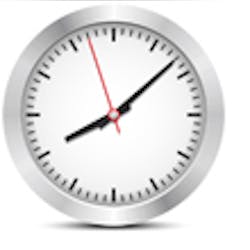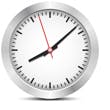The quotes below, which are pulled from 10 separate articles, would seem to imply at least someone is terribly stressed out, not necessarily the doctor. Since these collected quotes all contain a reference to scheduling practices, it’s easy to guess what is causing the stress.
Tardy patients. Too many patients. Too few patients. Too many no-shows. The schedule seems downright worthless at times, doesn’t it? The authors, though, universally agree some sort of scheduling policy must be in place. You can’t have everyone showing up at 8 a.m., can you?
Each article, though, contained a quote that we liked, and that’s what are listed below — 10 quotes about dental office scheduling.
A link within each quote can direct you to the entire article, if you desire to read it.
All 10 of the articles below have been published since May 2014.
About the Author

Mark Hartley
Mark Hartley is the editor of RDH magazine and collaborates with Kristine Hodsdon on many of the articles for RDH eVillage, which also appear on DentistryIQ.com.

